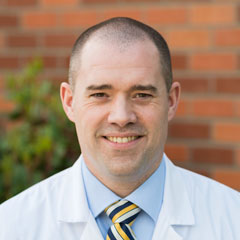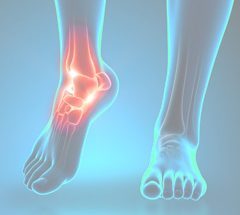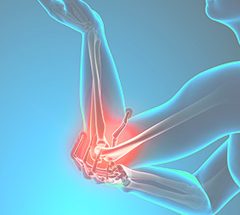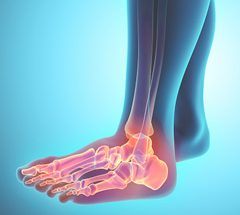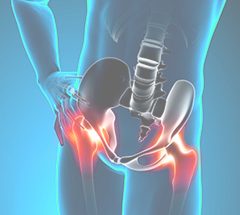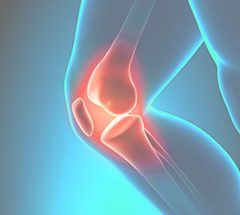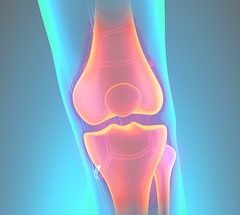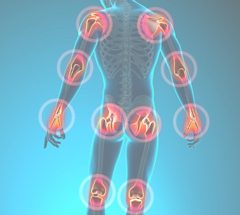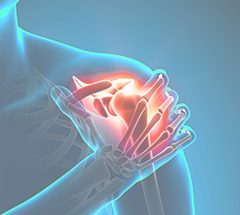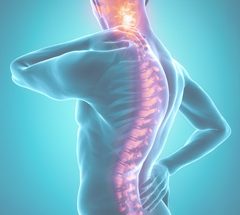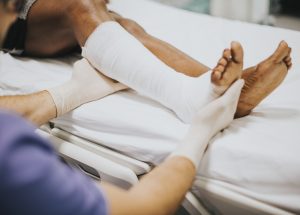Post-Operative Care: Back Surgery
Use these guidelines to speed your recovery from spinal surgery of the back.
Activity
- Plan to rest for the first 24-48 hours following discharge from the hospital.
- Avoid excessive bending, twisting, pushing, pulling, or lifting anything more than 10 pounds for the first week.
- Avoid sitting or standing for more than 30 minutes at a time for the first week.
- If you need to pick something up from ground level, squat and keep your back straight.
- If you were fitted with a brace, please wear it for most of the day when you are active for a total of 6 weeks. You may remove it at night, for showers/baths, and when you are relatively inactive around the house.
- Your TED hose may be removed 1 week after surgery.
Incision care and dressings
- Please change your dressings with sterile gauze once a day until your wound is completely dry (i.e., when there is absolutely no drainage on the dressings).
- Although you may start taking showers when your wound is completely dry (approximately 3-5 days), do not keep your incision submerged in a bathtub until the wound is healed over (approximately 2 weeks).
- If you have Steri-Strips on your incision, allow them to fall off on their own.
- If you have Dermabond (“sterile super glue”) on your incision, it will likely begin to peel off by itself after 1-2 weeks.
- You may apply an ice pack to the surgery site for 20 minutes three times a day for comfort and to reduce swelling.
Diet
- You may resume your normal, pre-operative diet as tolerated.
- Pain medications and decreased activity can cause constipation. To prevent this, eat foods high in fiber and drink 6-8 glasses of water per day. If needed, take an over-the-counter stool softener if one was not prescribed for you. Your bowels should be working normally within 3-5 days of surgery.
- Foods high in protein and vitamin C can also aid the wound healing process. Please take 500mg of oral vitamin C twice a day for 3 months to aid in the wound healing process.
- If you had a fusion, your diet should contain 1,000-1,500 mg of calcium daily to optimize conditions for adequate fusion. If you are not getting enough calcium in your diet, you should take 1,500 mg of oral calcium every day. Please check with your physician if you have a history of kidney stones.
Medications
- Prescribed medication(s) should be taken only as directed. Take all medication with food in your stomach unless otherwise directed. If you experience any itching, or other abnormal reaction to the medication, discontinue the medication and contact our office.
- As your pain lessens, you should decrease the amount of pain medication you are taking. We suggest that you substitute the narcotics with over-the-counter Tylenol as your pain level decreases.
- If you have not started weaning yourself off of your narcotic medications at the time of your follow-up appointment, we will then discuss the weaning process. Do not stop taking your narcotics abruptly since this may cause withdrawal side effects.
- Narcotic pain medications will not be refilled after normal working hours (8:30-5:00, Monday-Friday) or on weekends.
- Do not drive if you feel any sedation from your pain medications.
- If you had a fusion, do not take anti-inflammatory medications such as aspirin, ibuprofen (Advil®), or naproxen (Aleve®) as they are known to inhibit bone healing.
Symptoms to report to your doctor
- Shortness of breath, inability to swallow, or chest pain.
- Bleeding, drainage, redness or swelling from your incision area.
- Feelings of flu-like symptoms (e.g., nausea, general body aches, or temperature over 100 degrees for longer than 24 hours).
- Any change in sensation of your arms, hands, legs or feet (e.g., increase in numbness, tingling, or pain).
- Any loss of bladder or bowel control.
- Frequent need to urinate small amounts of urine or feeling of bladder distention.
- If you experience pain, swelling, and/or redness behind your knees or calves, call our office immediately or go to your nearest emergency department as these can be symptoms of a blood clot in your legs.
Follow-up appointment
- Please contact our office the first business day after discharge from the hospital to make your first post-operative visit 2-3 weeks after surgery.For an appointment, submit our online form or call 1-877-277-8641.
- Please do not hesitate to contact us with any questions or concerns.
Reminders for Patients Who Had a Fusion
- If you had a fusion, your diet should contain 1,000-1,500 mg of calcium daily to optimize conditions for adequate fusion. If you are not getting enough calcium in your diet, you should take 1,500 mg of oral calcium every day. Please check with your primary care physician if you have a history of kidney stones.
- Do NOT take anti-inflammatory medications such as aspirin, ibuprofen (Advil), or naproxen (Aleve) as they are known to inhibit bone healing.
- Do NOT smoke or use other tobacco products for at least 3 months (ideally quit altogether) since nicotine inhibits wound and bone healing. Use of products containing nicotine significantly increases your risk for wound and fusion complications.



